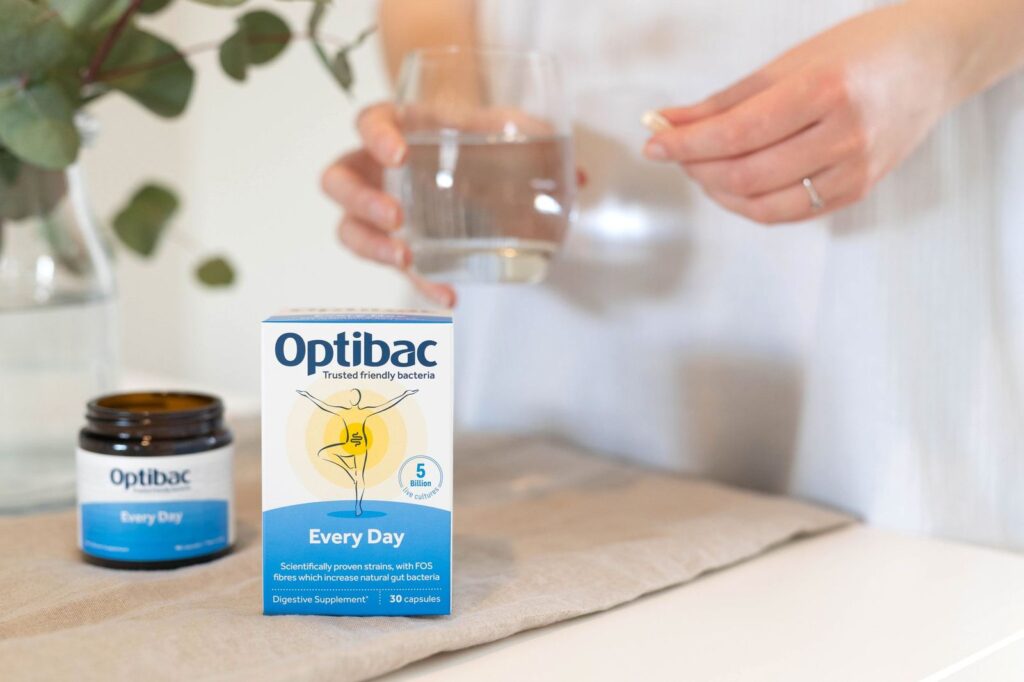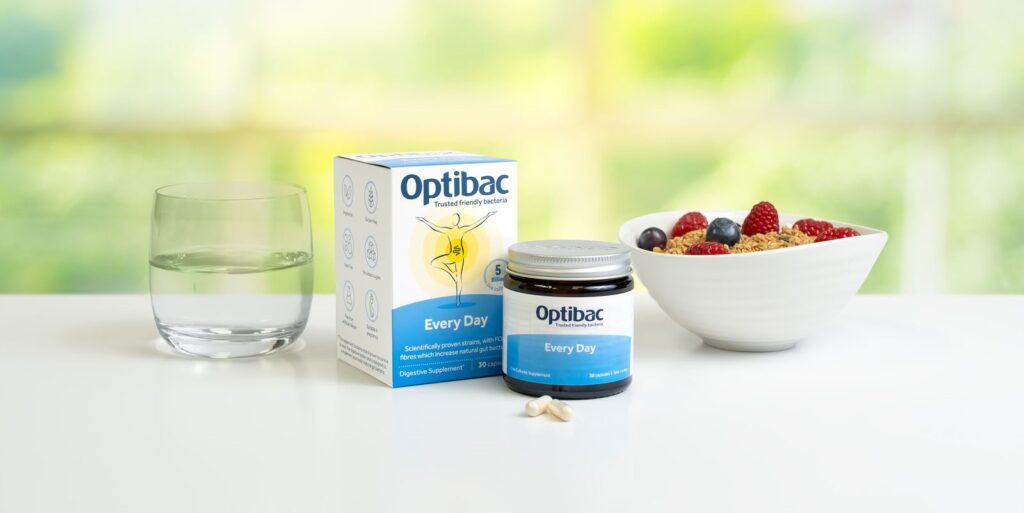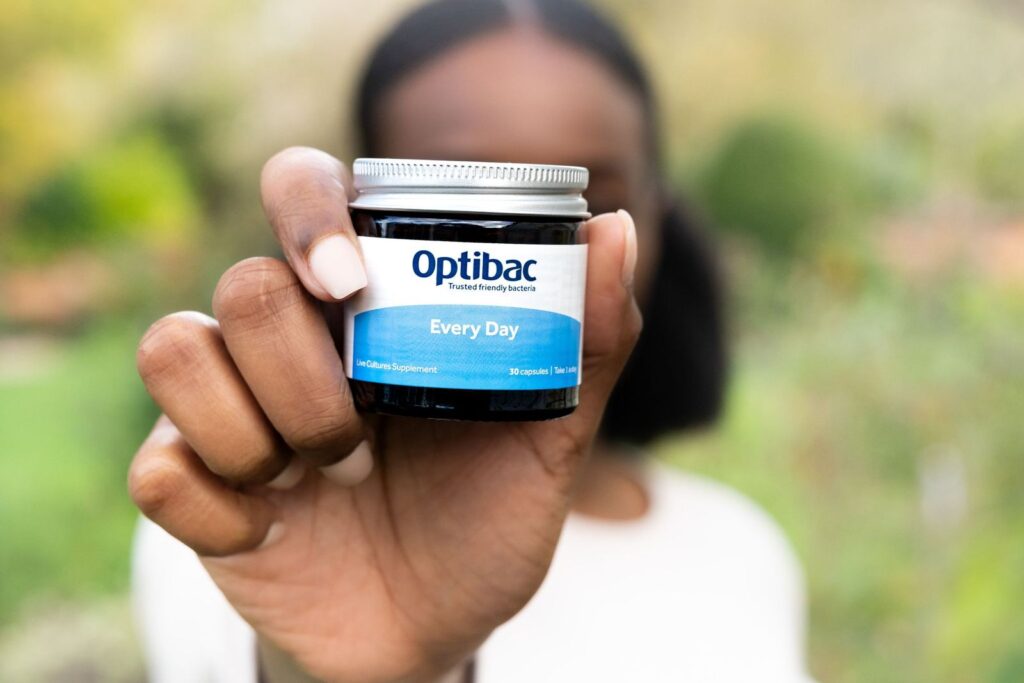
MooGoo would bet their most premium grazing paddock that having healthier and longer hair was on more than one New Year’s Resolutions list this year. Probably right next to ‘start micro-investing’ and ‘try meditating every day’! They aren’t financial advisors, so you’re on your own with that one, but Meditation, on the other hand, could be connected to promoting hair growth. They’re not joking!
If you’re experiencing hair loss, or have a head that’s growing hair strands at a snail’s pace, don’t fret. The secrets to a scratch-free scalp and luscious locks that are slowly but surely lengthening are simpler than you think. By making some simple switches and building healthy habits into your week, you should start to regain your hair growth.
Secret #1: Breaking the sweat
We all know exercise is excellent for your health in so many ways, but the sweating element can come at a price. Sweat on its own is harmless, but when you leave sweat-drenched hair to sit for too long, you could start seeing some unfavourable consequences. Think blocked pores, a dry and irritated scalp, and hair that is at a higher risk of becoming brittle and breakable.
The saving grace? Common sense says to keep hair up and away from your skin whilst breaking any kind of sweat, and we would agree. But for those who are fitting in fitness more than us once-a-week-ers (we’re trying, promise!) it’s important to wash your hair regularly to remove chances of this build-up. If you’re washing your hair more regularly though, you’ll have to make sure you’re using a gentle formula that isn’t stripping your scalp and strands of all its natural moisture – that’s another road to mane misery. SLS-free Shampoo & Conditioner with natural ingredients are a must!
MooGoo’s Milk Shampoo’s unique formula is perfect for this. Made using a combination of gentle coconut and glucose-based cleansers, this shampoo does the job of cleaning without unnecessary trauma. Our formula also contains Piroctone Olamine which helps to control the microflora of the scalp, protecting you further from any frustrating flakiness. Plus, we’ve added Milk Protein for a boost of amino acids to strengthen the hair.
Secret #2: Never sleep with wet hair
As tempting as it is to skip hair drying and let your head hit the pillow after a long day, sleeping with wet hair is not recommended for the health of your hair and scalp. When hair is wet, it is in a vulnerable state as the cuticles, the outer layer of the hair shaft, are open. This makes the hair more susceptible to damage and breakage. Friction between wet strands and the surface of your pillowcase can lead to increased breakage and split ends. No thanks!
Plus, a damp scalp can create an environment conducive to fungal and bacterial growth. The warmth and moisture trapped against the scalp during sleep may contribute to conditions like dandruff and scalp irritation. Additionally, wet hair is more prone to tangling, and the friction caused by rubbing against a pillow can worsen the problem, leading to knotted and matted hair in the morning.
Allowing your hair to air-dry before bedtime is a healthier practice. This gives your hair cuticles time to close and reduces the risk of breakage. If blow-drying is necessary, use a low-heat setting and keep the dryer at a safe distance to minimize damage. Overall, promoting a dry and well-ventilated environment for your hair before sleeping contributes to maintaining the overall health and appearance of your hair and scalp, which is what you want when growing out those tresses!
Secret #3: Hydrate for happiness
Just as your body needs water to function properly, your hair requires hydration to stay healthy and vibrant. Dehydrated hair can become brittle, prone to split ends, and may struggle to grow at its full potential. Drinking an adequate amount of water throughout the day is essential, but external hydration is just as crucial.
Behind every successful shampoo is a great conditioner, and MooGoo’s Cream Conditioner is no different. Instead of using Silicone to create a fake ‘hydrated’ feeling of smoothness, MooGoo opt for naturally nourishing oils like Jojoba and Olive Oil that penetrate deeply into the hair to hydrate from the inside. It’s a hair moisturiser that does the deeper work. A whole lot more effective than Silicone which just builds up on top of your hair (and your scalp) and ends up weighing it down and causing irritation.
Secret #4: Massage for the mane
A little self-care goes a long way, and your scalp is no exception! Massaging your scalp not only feels great but also stimulates blood circulation, promoting the flow of nutrients to your hair follicles. Increased blood flow means more oxygen and nutrients reach your hair roots, encouraging hair growth.
Next time you’re sudsing up your strands (with Milk Shampoo we hope!), take a moment to indulge in a gentle scalp massage. The nourishing ingredients in the shampoo, combined with a massage, create a powerful synergy that enhances blood circulation and ensures that your hair follicles receive the care they need. Incorporating this hair treatment into your routine can make a noticeable difference in promoting hair growth.
Secret #5: Trim for triumph
While it may seem counterintuitive, regular trims are essential for maintaining healthy hair. After all, there’s no point having long locks if the bottom half of them are damaged. Trimming eliminates split ends, preventing them from travelling up the hair shaft and causing further damage. Additionally, a consistent trimming routine helps maintain the shape and appearance of your hair, keeping it looking its best as it grows.
So now you know! Unlocking the secrets to growing your hair involves a holistic approach that addresses both internal and external factors. By embracing these five secrets and incorporating the right products into your routine, you’ll be well on your way to achieving the long, luscious locks you’ve always dreamed of.










